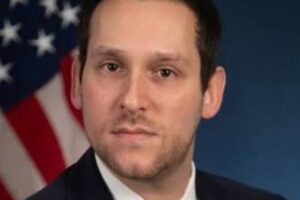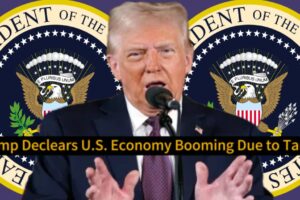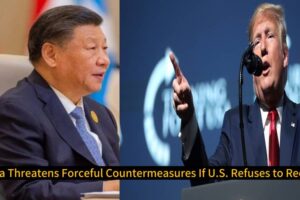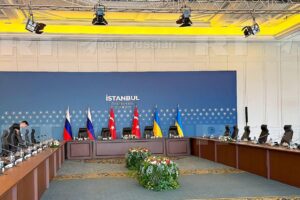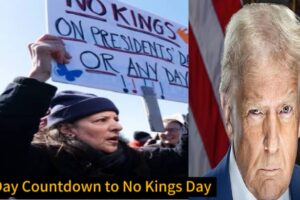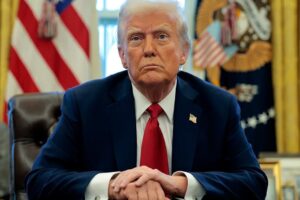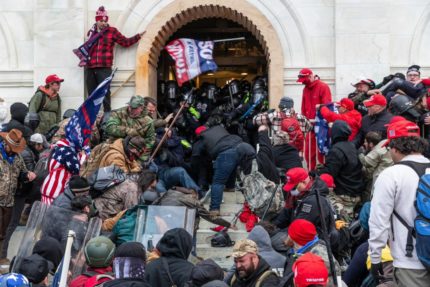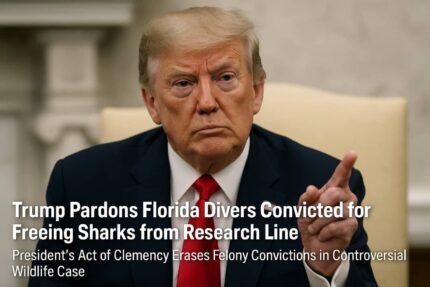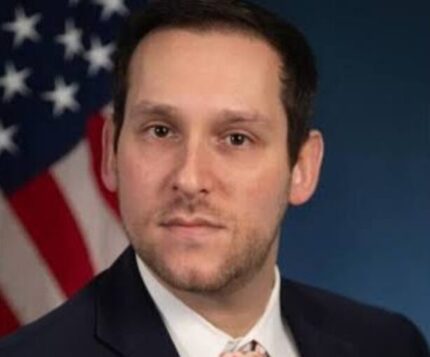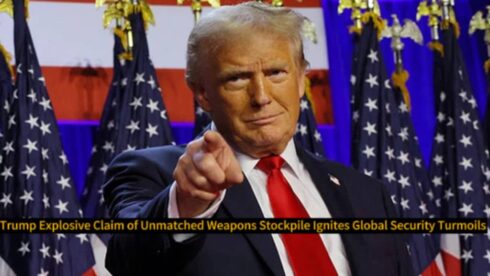Out of all of Donald Trump’s supporters, Derrick Evans has a unique reason to celebrate the recent election results: he believes Trump will grant him a pardon for his involvement in the January 6 Capitol riot. Evans, a former West Virginia legislator, was among the crowd that stormed the Capitol in 2021, in what he calls an effort to “right a wrong” — overturning an election he and others mistakenly believed Trump had won. His actions landed him in prison after a plea deal with prosecutors, serving three months for civil disorder.
Evans’ optimism is fueled by Trump’s repeated campaign promises to pardon those involved in the events of January 6. Throughout his 2024 campaign, Trump has referred to the rioters as “patriots” and “political prisoners.” He declared on his social media platform, Truth Social, in March that “Freeing the January 6 Hostages” would be one of his first actions upon taking office. But while Trump has promised to pardon many, he’s been clear that not everyone may qualify. “I can’t say for every single one because some of them probably got out of control,” he told CNN, adding that his approach would be case-by-case.
Ongoing Arrests and Legal Proceedings for Capitol Rioters
Despite Trump’s promises, law enforcement continues to investigate and arrest individuals connected to the January 6 riot. The FBI’s extensive probe into the Capitol assault has led to charges against nearly 600 people for crimes like assaulting and obstructing police officers. Prominent figures such as Stewart Rhodes, founder of the Oath Keepers, and Enrique Tarrio, leader of the Proud Boys, received lengthy sentences for orchestrating the chaos, although neither entered the Capitol that day. Both were convicted of seditious conspiracy, highlighting the severe consequences for those viewed as instigators.
More arrests are anticipated. The FBI’s recent update listed nine individuals still wanted for violent actions against law enforcement. Meanwhile, with Trump’s possible return to office, questions loom over how his presidency could impact the pace or direction of ongoing investigations. According to sources within the Justice Department, the most severe cases are prioritized for trial before January 20, Trump’s potential inauguration day.
Legal Delays as Defendants Await Potential Pardons by Donald Trump
The prospect of a Trump pardon has prompted several Capitol riot defendants to request postponements in their cases, hoping for clemency in 2025. One example is Christopher Carnell from North Carolina, who was convicted on multiple charges tied to the riot. His legal team recently requested a delayed hearing, citing a possible Trump pardon, but the judge denied it. Similarly, Jonathanpeter Klein, facing sentencing later this month, sought a delay for similar reasons, only to have his request turned down as well.
Despite these setbacks, many January 6 participants and their supporters remain hopeful. Wendy Via, co-founder of the Global Project Against Hate and Extremism (GPAHE), highlighted the excitement among rioters’ allies, noting that fringe sites are rallying around calls to free what they call “political prisoners.” Even those behind bars, like Jake Lang, who faces charges including assaulting police officers, have expressed optimism. “IM COMING HOME!!!!” Lang wrote on social media, asserting that Trump’s inauguration would mark the freedom of January 6 “political prisoners.”
Concerns Over Potential Pardons and Broader Implications
While some supporters eagerly await pardons, others are choosing a quieter approach until Trump’s anticipated inauguration. A message on a Proud Boys-affiliated Telegram channel urged members to celebrate Trump’s inauguration privately, steering clear of large gatherings to avoid legal scrutiny. Via of GPAHE argues that Trump’s potential pardon of January 6 rioters could have broader social consequences. “Such pardons would make a mockery of our justice system and signal that violence is an acceptable response to political outcomes,” she warned.
For non-violent offenders like Derrick Evans, however, pardons may bring much-needed relief. He’s advocating for reparations, arguing that a simple pardon wouldn’t make up for the time he and others spent in prison. Although a blanket release of all January 6 defendants is improbable, those who avoided violence may indeed find themselves back home if Donald’s word holds true. Nonetheless, questions around justice, accountability, and the future political landscape remain deeply contentious as January 20 approaches


